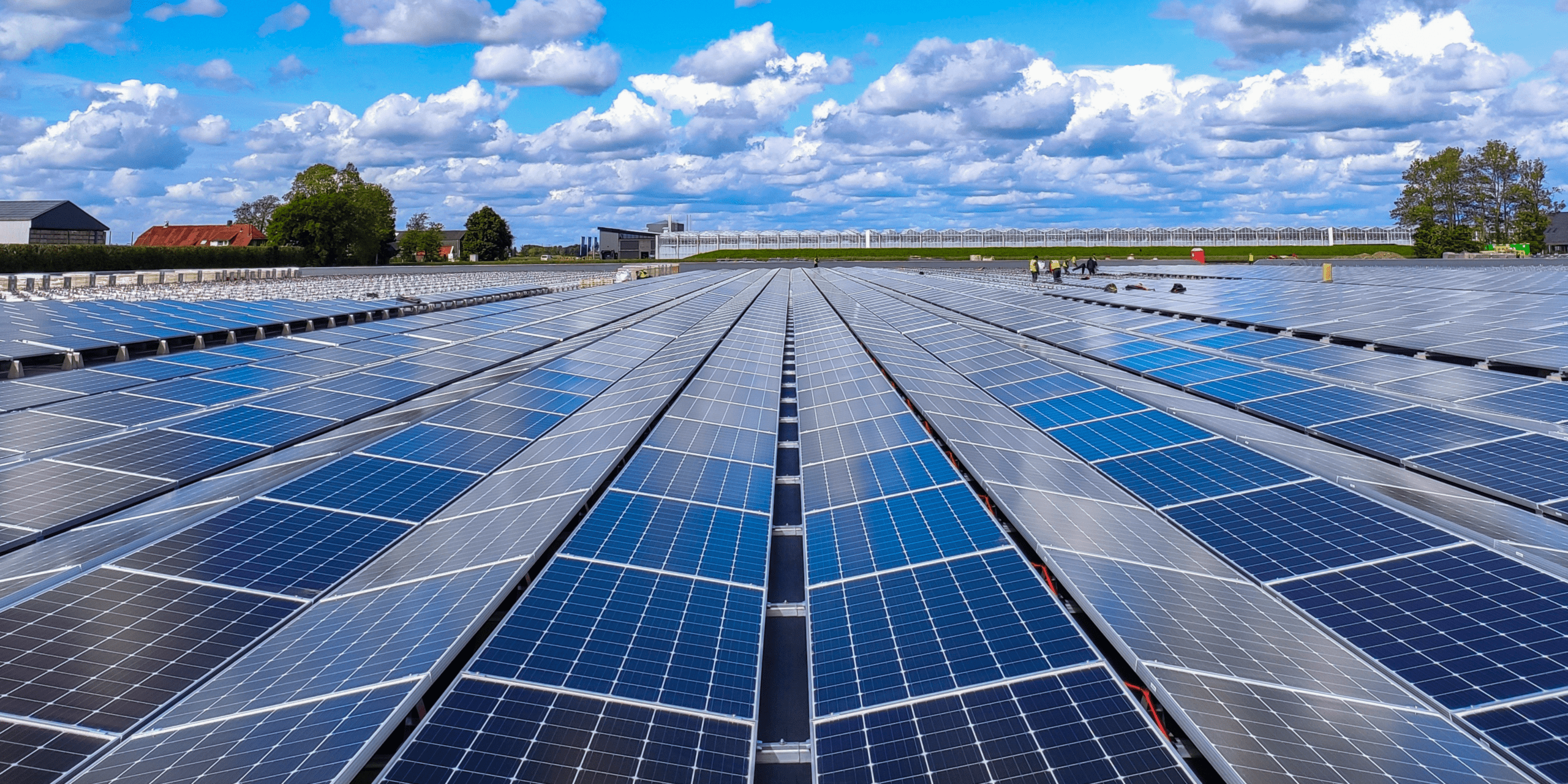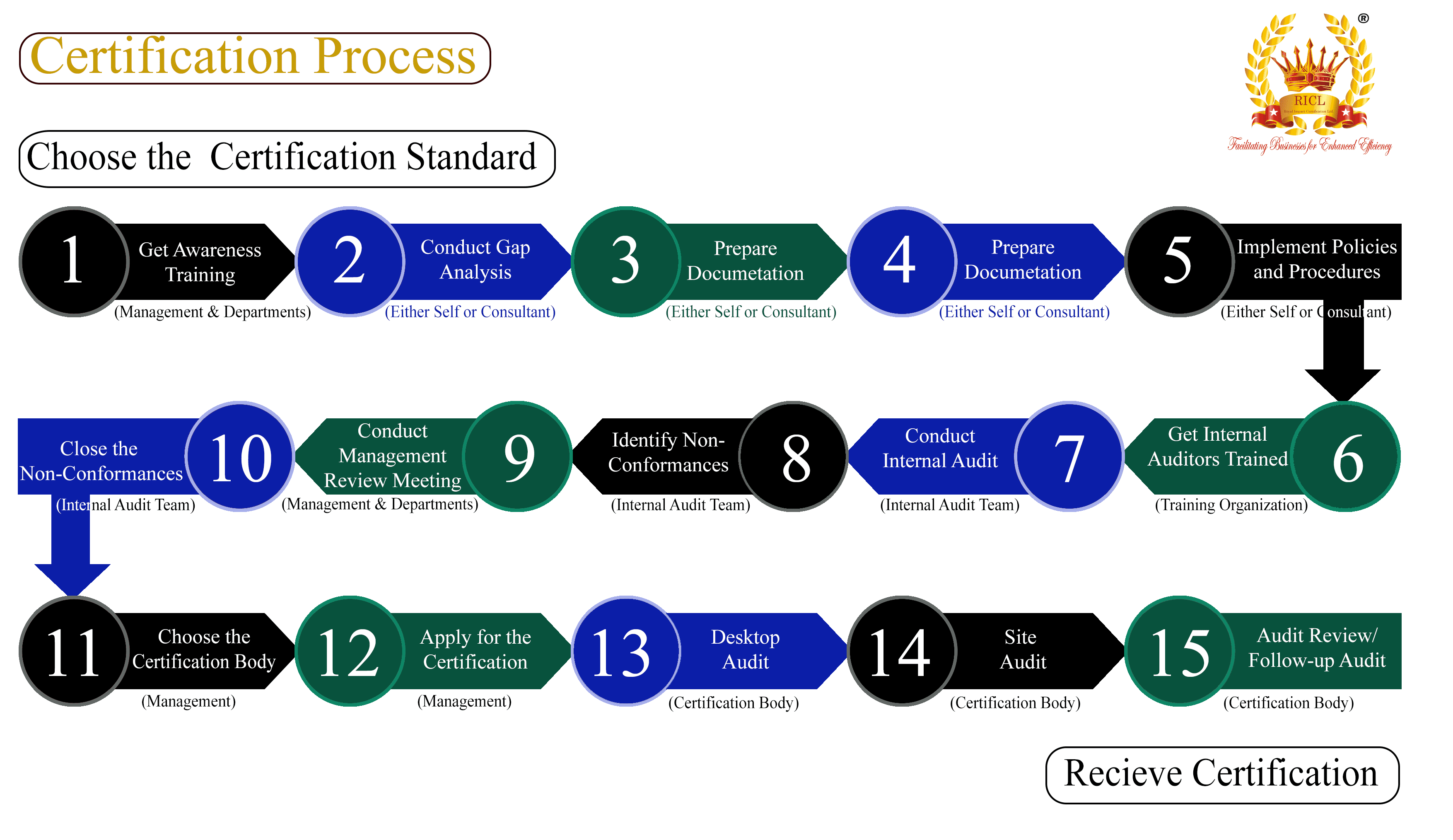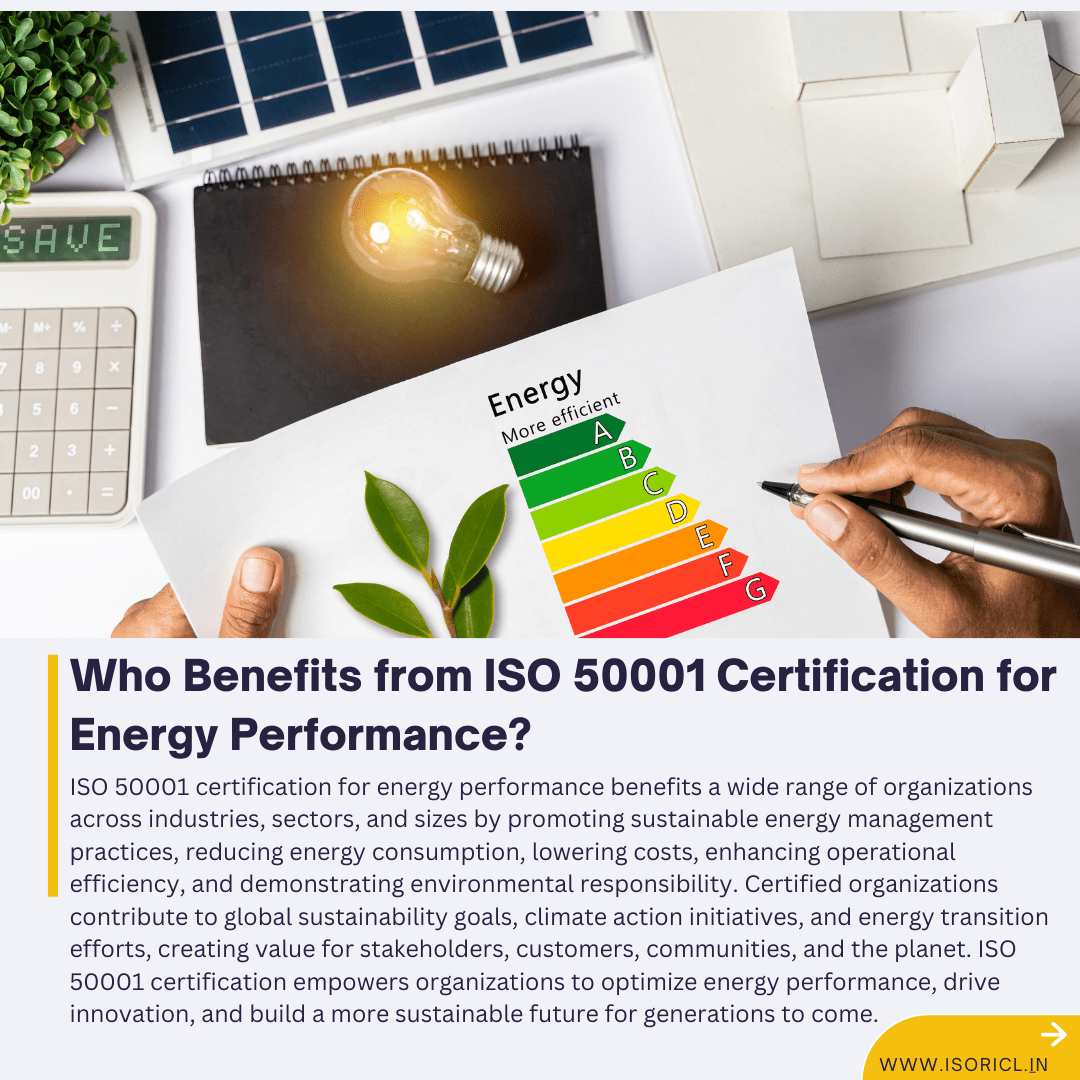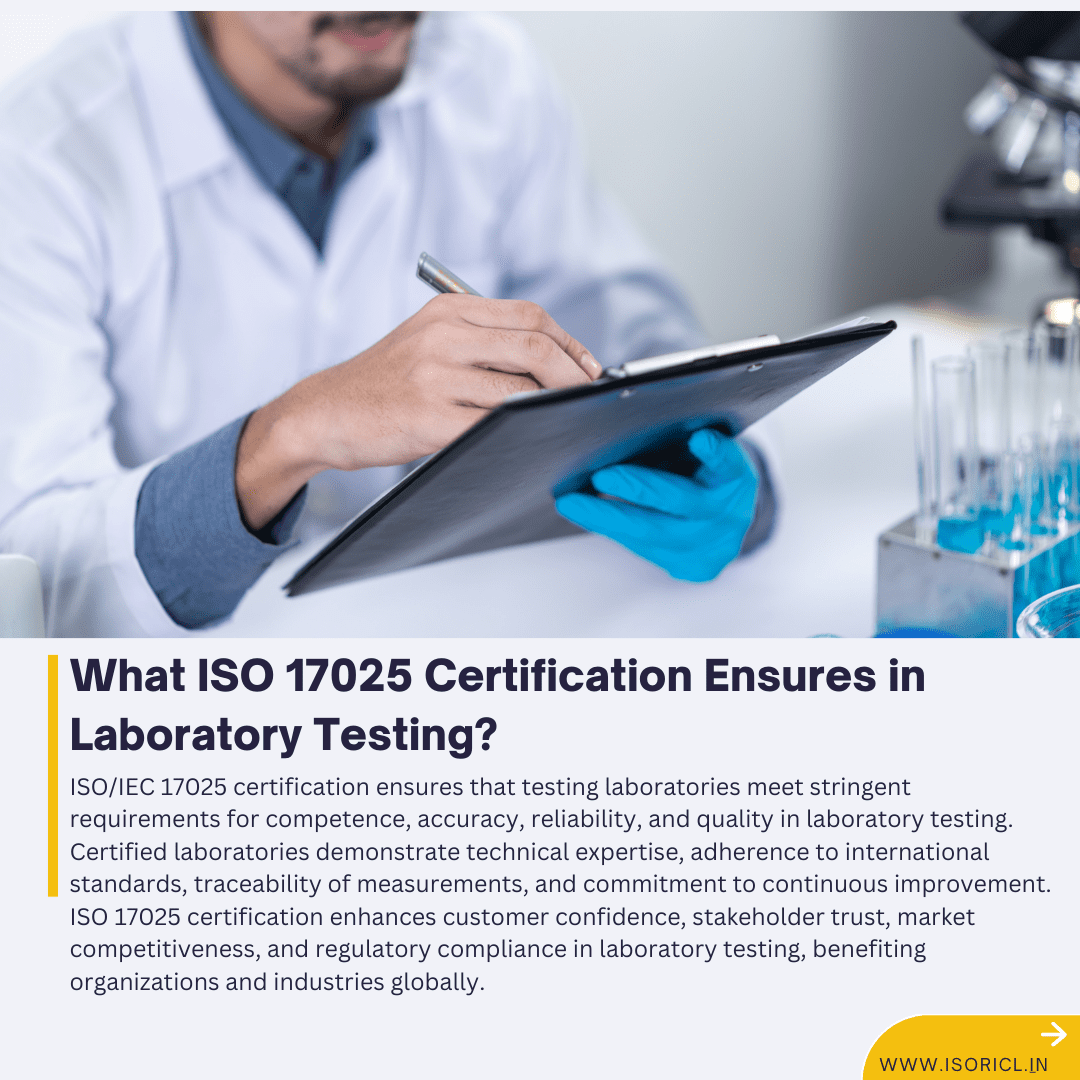
Solar Industries
The solar industry involves the manufacturing, distribution, and installation of solar panels and related products that convert sunlight into electricity.
ISO (International Organization for Standardization) certifications in the solar industry are essential to ensure quality, reliability, safety, and efficiency across various operations and products. These certifications help solar companies meet international standards, improve their processes, ensure product quality, and increase market competitiveness. Here are some key ISO certifications that are particularly relevant to the solar industry:
ISO 9001: Quality Management Systems
This is one of the most critical standards for the solar industry, as it ensures that companies can consistently provide products and services that meet customer and regulatory requirements. It involves:
Enhancing customer satisfaction through effective application of the system.
Processes for continual improvement and the assurance of conformity to customer and applicable statutory and regulatory requirements.
ISO 14001: Environmental Management Systems
Given the environmental focus of solar energy, ISO 14001 is particularly relevant. This standard helps organizations:
Improve their environmental performance through more efficient use of resources and reduction of waste.
Gain a competitive advantage and the trust of stakeholders.
ISO 45001: Occupational Health and Safety Management Systems
The installation and maintenance of solar power systems can be hazardous, involving electrical work and often high-altitude operations. ISO 45001 helps organizations:
Improve employee safety, reduce workplace risks, and create better, safer working conditions all around.
ISO 50001: Energy Management Systems
This standard supports organizations in establishing systems to improve energy performance, including efficiency and consumption. For solar companies, ISO 50001 can be used to:
Demonstrate to stakeholders that the company is maximizing its own energy use, which can be particularly important for businesses promoting energy-saving technologies.

Benefits of ISO Certification in the Solar Industry
Enhanced Credibility and Brand Image: ISO certification can enhance the credibility of a solar energy company. It signals to customers, investors, and regulators that the company adheres to internationally recognized standards.
Operational Excellence: These standards help streamline operations, reduce waste, and increase productivity. This is particularly important in manufacturing processes where efficiency directly affects profitability.
Market Access: Some markets require ISO certification as a prerequisite for doing business. This is especially true in international or larger commercial projects where standards compliance is critical.
Risk Management: By adhering to ISO standards, companies can better manage risks associated with their operations, particularly in areas such as environmental impact and worker safety.
Sustainability: Since many ISO standards focus on sustainability issues like environmental management and energy efficiency, they help solar companies not only talk the talk but also walk the walk when it comes to sustainability.
[formsapp id=”662f63f6c4dd546c9916c3db”]
Related Standards
The Solar industry is governed by several ISO standards that help ensure quality, safety, security, environmental responsibility, and overall efficiency. Here are some key ISO standards related to the industry:
LATEST BLOGS
ISO 10002 Enhancing Customer Satisfaction and Complaint Handing Introduction ISO 10002 is an international standard that provides guidelines for the process of …
Who benefits from ISO 50001 Certification for energy performance? ISO 50001 Certification for energy performance benefits a wide range of stakeholders, including …
What ISO 17025 Certification ensures in Laboratory testing? ISO 17025 Certification ensures a high standard of competence and reliability in laboratory testing …







